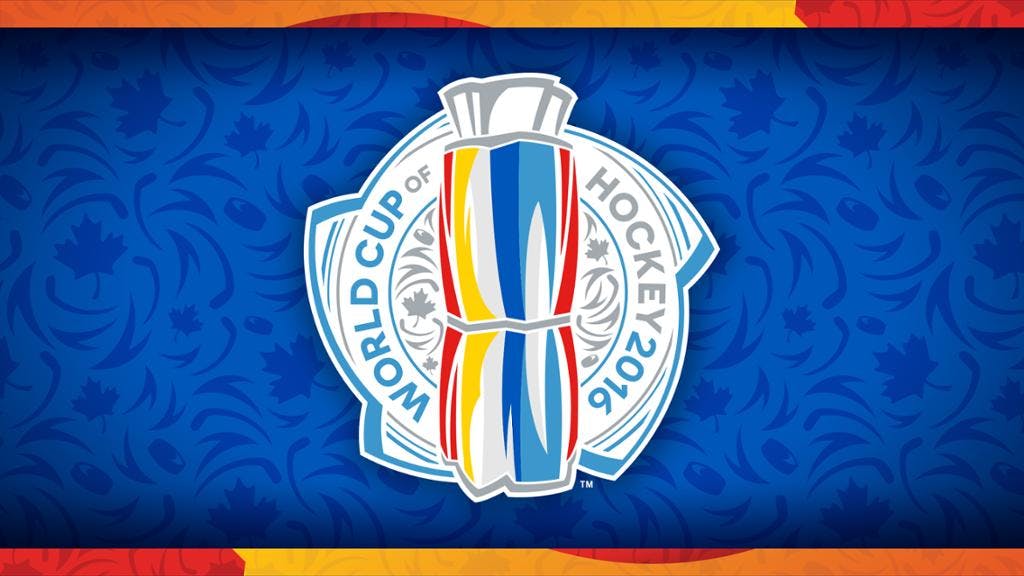NHL players won’t participate in the 2022 Olympics, what about a future World Cup of Hockey?
Photo credit: NHL.com
By Thomas Hall
2 years ago
Breaking News
- “They want our rhythm but not our blues”: Jets stay undefeated at 6-0-0 – Winnipeg Jets post game six
- “There isn’t a weak sister in this division” Winnipeg Jets @ St. Louis Blues Gameday #6
- 14 goals for the Winnipeg Jets with another perfect weekend
- A complete team performance – Jets beat the Sharks to remain undefeated – Winnipeg Jets post game four
- Ready and rested: San Jose Sharks @ Winnipeg Jets regular season game #4 preview
